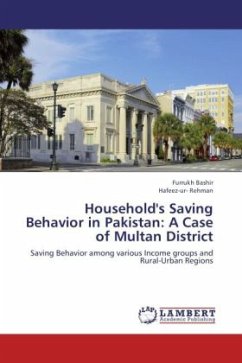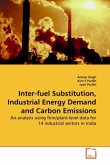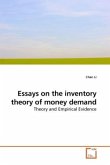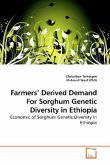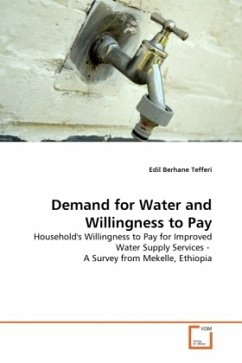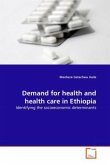Energy is an indispensable tool for economic growth and development. The source of energy could be traditional or biomass (fuel-wood, charcoal, animal dung, crop residue) and modern (petroleum products such as Kerosene, LPG, Natural Gas, & Electricity). Access to modern energy services has a crucial role in achieving the Millennium Development Goals. Nonetheless, Worldwide the problem of access to modern energy sources is very acute. The number of people who depend on traditional sources of energy is estimated to be 2.5 billion. On the other hands, predominance of traditional energy sources carries important implications for environment, social and health of the society at different levels. While locally indoor air pollution, deforestation and soil degradation are to a large extent related to traditional energy use at the global level climate change is a consequence of unsustainable energy use. With this in mind, this work estimated households' Energy demand and Energy use patterns in Urban Ethiopia and found that the level of household's income, prices of each energy source and their availability matters in the choice of Energy types.

